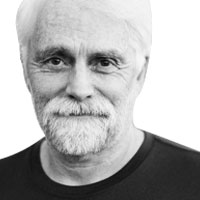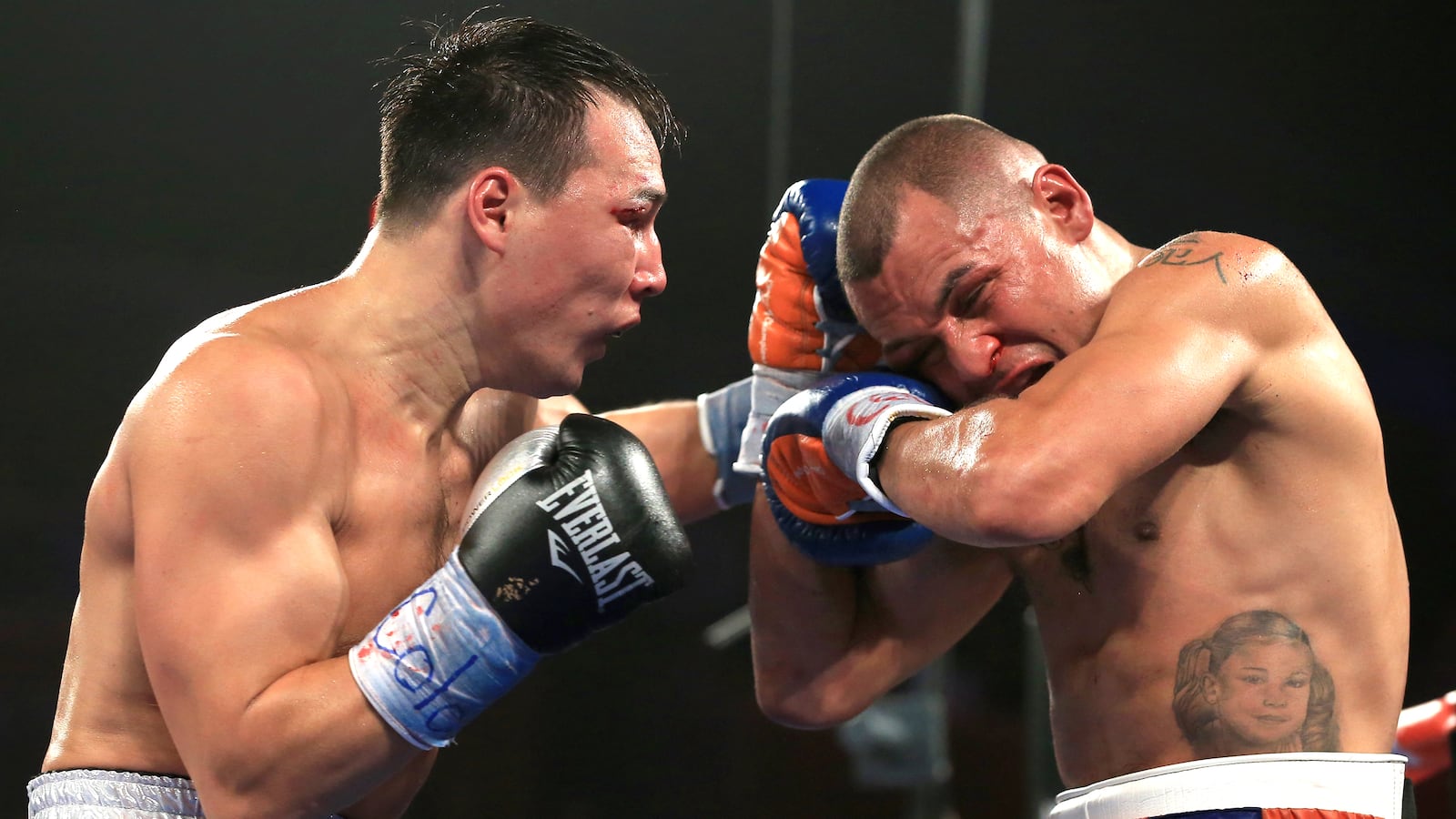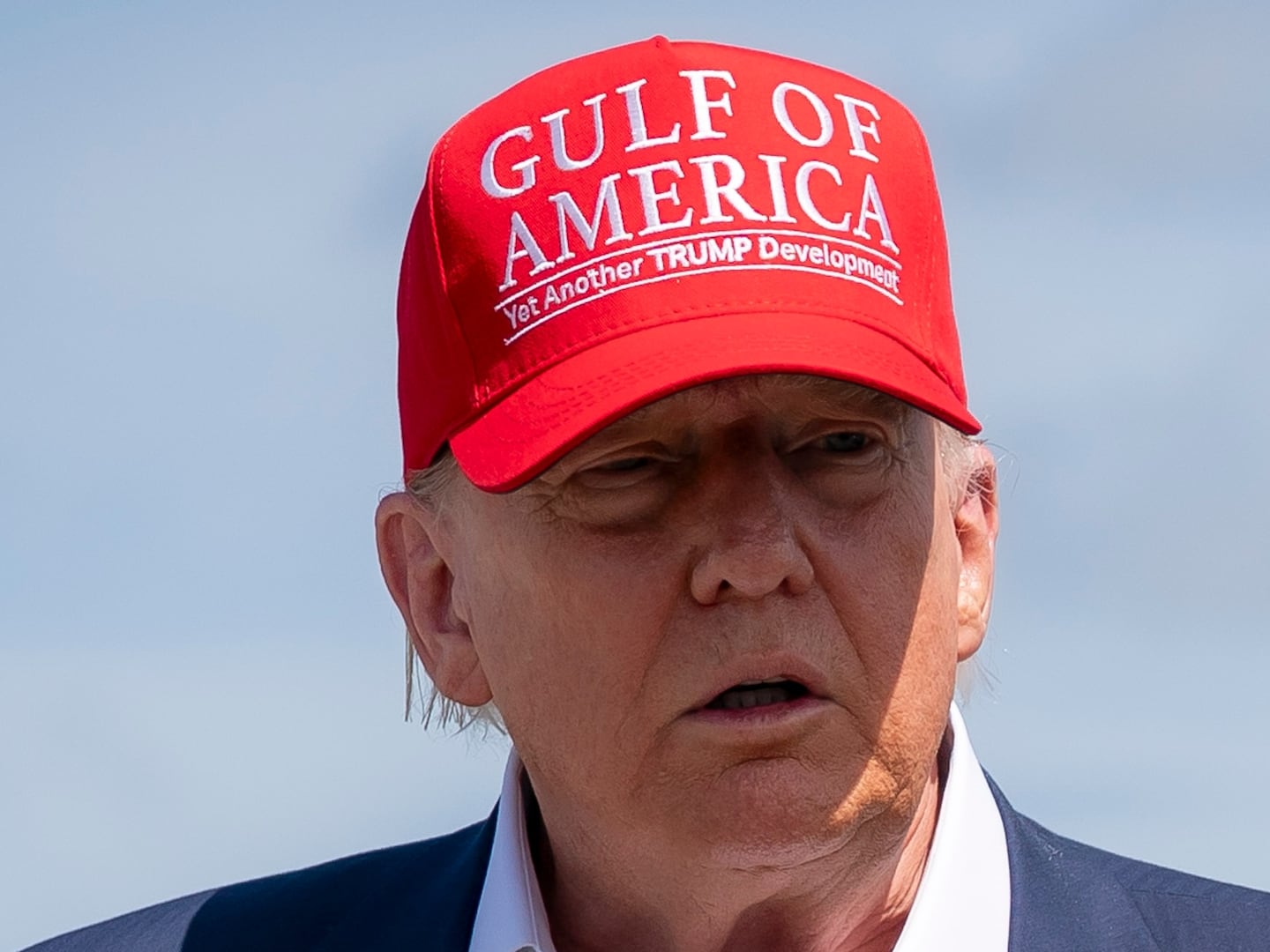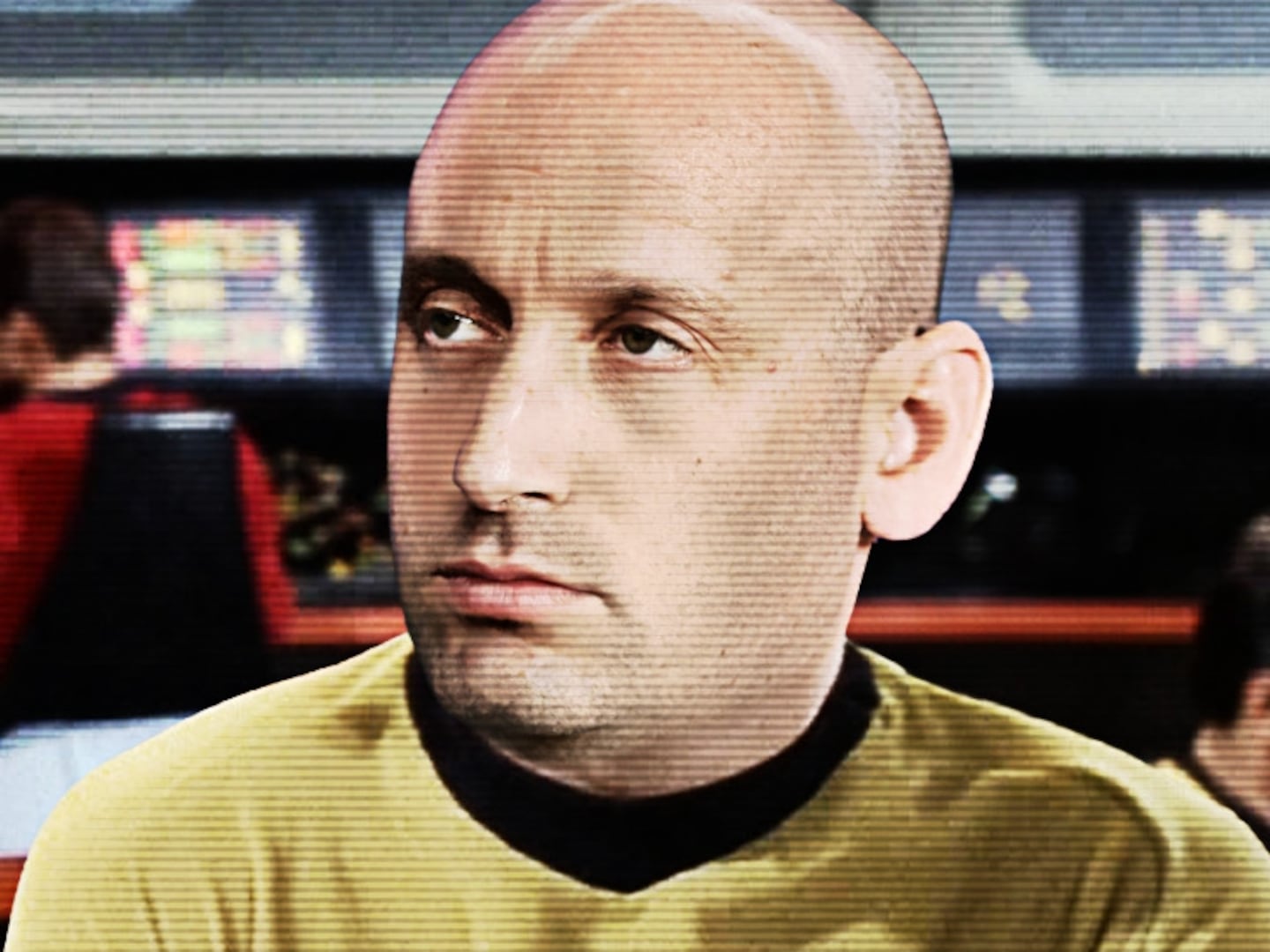Thanks to the NFL class action suit and the swirl of publicity surrounding head injuries, there have been a number of rule changes aimed at removing some of the risks that come with football. But if you think the gridiron arts can shake up the grey matter, try the prize ring.
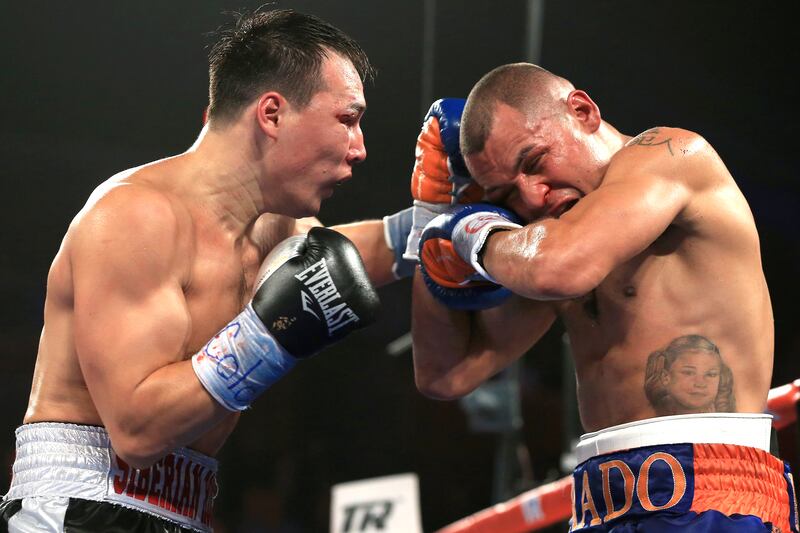
On Tuesday, 26-year-old junior featherweight Francisco “Frankie” Leal, died from a brain injury suffered in a knockout loss to Raul Hirales in Cabo San Lucas, Mexico. Hirales, who was dominating the fight, had Leal down in the sixth round. In the eighth, Hirales landed a crushing right. Leal was up before the count of 10 but then collapsed and soon thereafter fell into a coma. It could be argued that Leal should not have been allowed in the ring in the first place, given the fact that he had to be taken out on a stretcher after his frightening knockout loss to Evgeny Gradovich in March 2012.
Unlike the NFL, boxing people do not need the lab coats to tell them about the connection between blows to the head and early onset dementia. And yet, tweaking the rules of the ring is not going to spare boxers from the “pocket full of mumbles” fate of Muhammad Ali, Joe Louis, Sugar Ray Robinson, Floyd Patterson and countless other ring warriors.
Greater safety in boxing requires a shift in sensibilities of the sort recently hinted at by pound-for-pound king, Floyd Mayweather Jr. Following his win over Saul “Canelo” Alvarez, Mayweather confessed,
“I truly believe I could have banged with Canelo and eventually knocked him out in probably the eighth round, but I could have taken a lot of punishment also, which could have messed my career up to where I wouldn’t have been able to fight four more fights…It hurts my feelings to look at [Muhammad] Ali’s situation. He fought for the people, to please them. You’ve got to fight to please yourself first. Self-preservation.”
Traditionally, people who make their living giving and taking punches have not paid much heed to the law of self-preservation. Mayweather’s admission that he put worries about his health above going for the knockout and pleasing the crowd is not one that many boxers would be willing to make. The unstated rule in the world of the ring has always been “create excitement and never surrender, no matter how impossible the odds.”
A fighter who loses every round, has his brain scrambled but keeps punching, can count on slaps on the back and, at least for that night, adoring fans assuring him that he possesses a certain part of the male anatomy.
But if boxing is to become less perilous, the ethic has to change. Trainers know their fighters better than the referees. When their man or woman is taking a beating and there is no hope of victory, the trainer needs to protect their fighter from his or her own courage and halt the contest.
More than that, boxers need to take Mayweather’s lead and take responsibility for their health. If their corner does not have the lights to see what is in the offing, then the boxer has to have the mettle to say “enough.” This would entail a sea change in the gladiatorial mind-set, but there were hints of just this in Saturday’s title tilt between Mike Alvarado and Ruslan Provodnikov.
The first few rounds of the matchup were competitive, with Alvardo boxing the brawler from Siberia. However, as the fight progressed it became evident that Alvarado could not keep his relentless and powerful opponent at bay. With a hammer-like left hook and crushing body shots, Provodnikov was beating his gutsy foe down, body part by body part.
Alvarado’s mother was ringside, dabbing her eyes, and in a state of high anxiety for her boy’s health. With his right eye closed, Alvarado was looking like a gargoyle and there was nothing left in his offensive tank. After round six, referee Tony Weeks started coming over between rounds to see whether or not the fighter know as “Mile High” could continue. Finally, just before the tenth stanza, a crestfallen Alvarado whispered that he was done.
After the brawl and almost apologetic, Alvarado explained, “It was not worth taking more punishment because the damage could be permanent…It just wasn’t my night. I have a lot of heart. I’m not a quitter.” Bravo Mike…Bravo. If only Frankie Leal could have done the same.
